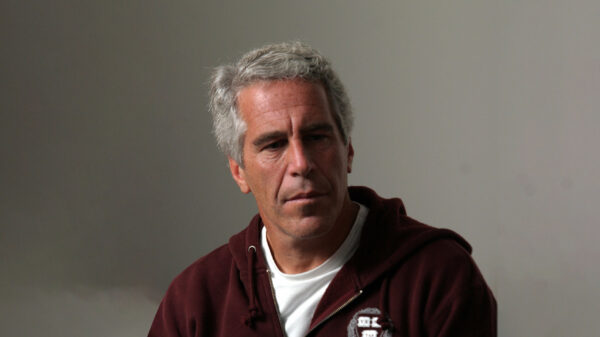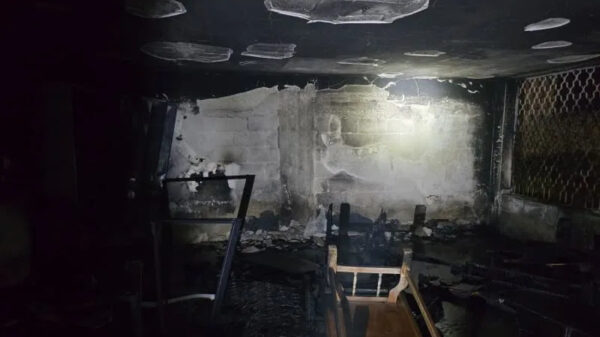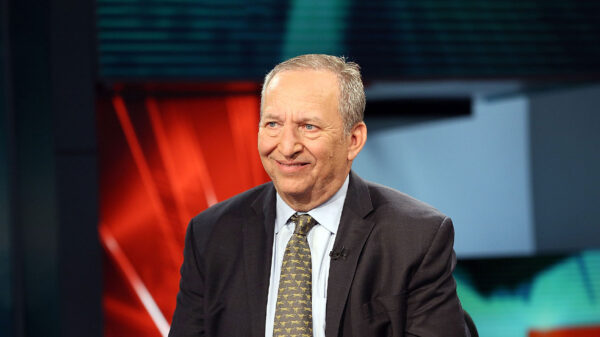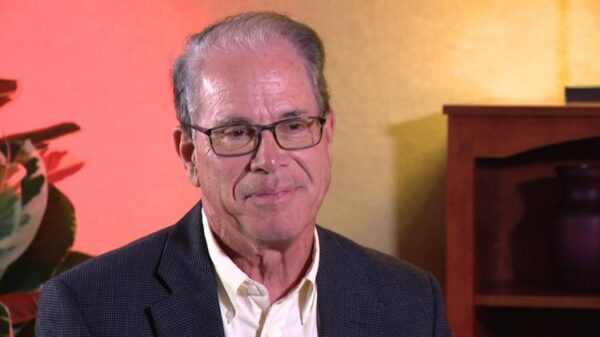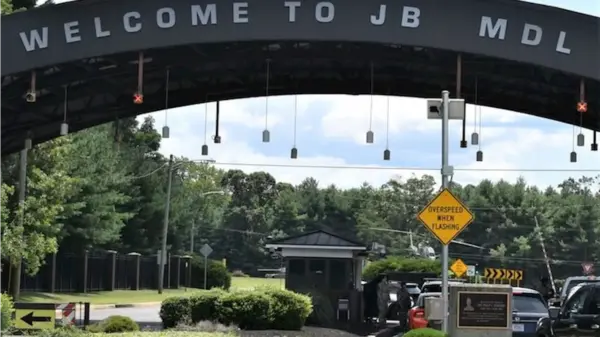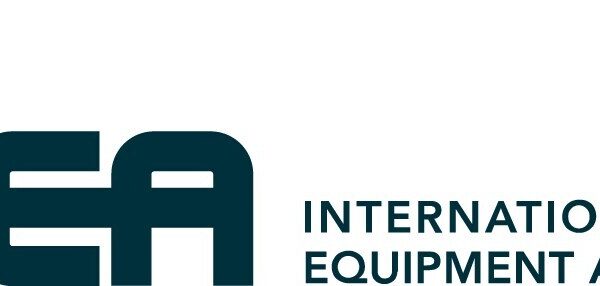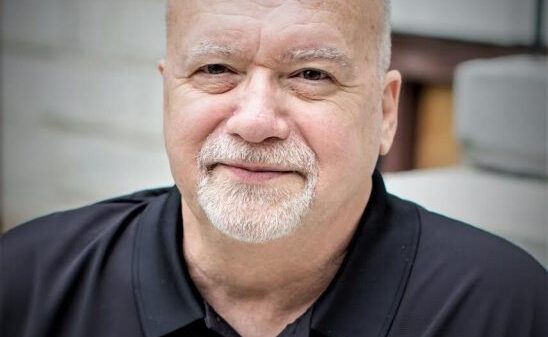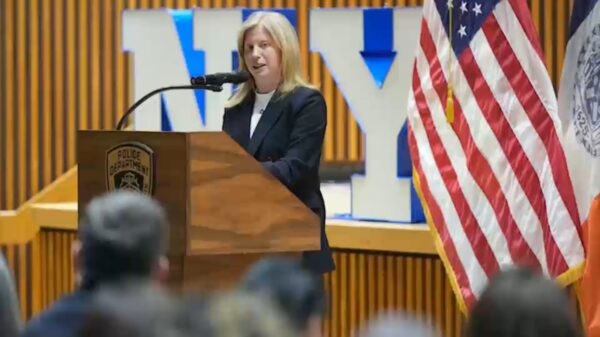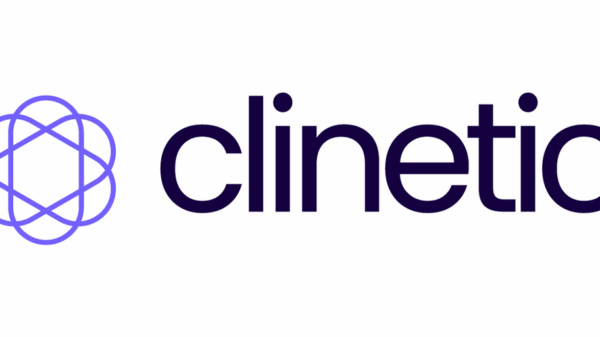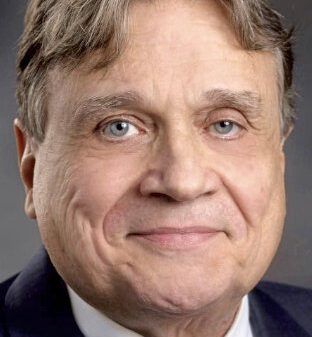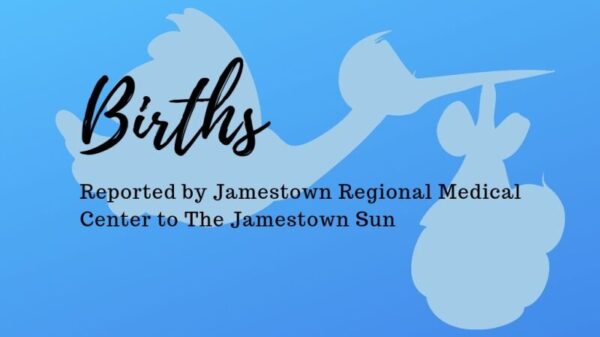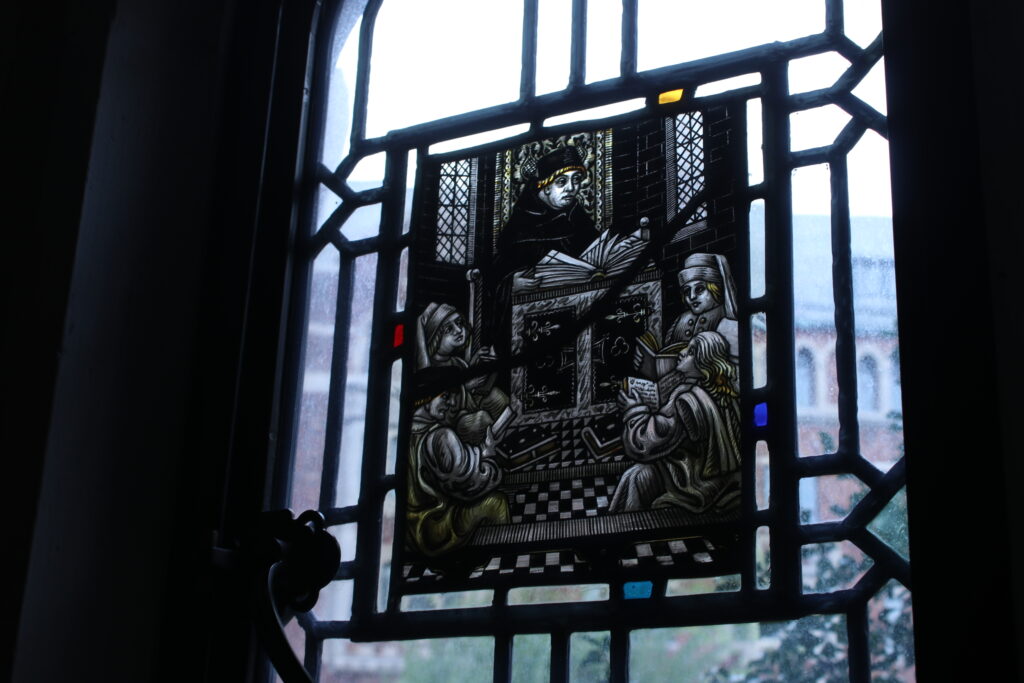Yale University will offer at least five new courses in the upcoming spring semester that focus on the institution itself and the broader landscape of higher education. These courses, designed to address the growing public scrutiny of elite universities, aim to foster an understanding of Yale’s historical and philosophical foundations. They come at a time when both faculty and administrators have expressed concerns regarding declining public trust and diminishing government funding for higher education.
The courses include “Trust et Veritas: The Public Legitimacy of Universities,” introduced by professor Benjamin Bernard, which will explore the historical legitimacy of universities from the Middle Ages to the present. Another new offering, “What Was the University?” will be co-listed among the humanities, religious studies, and the history of science and medicine, taught by professor Noreen Khawaja. Khawaja emphasizes that her course will examine the university as both a historical and political institution, reflecting current educational challenges, including the impact of artificial intelligence.
Daniel Botsman, who teaches “Yale and Japan,” noted the importance of understanding the history of one’s institution. He stated, “There is real value to knowing the history of the place you’re in,” underlining that such knowledge can help reshape perceptions of elite institutions. Botsman’s course will revisit Yale’s historical connections with Japan, utilizing archival records to provide depth to the narrative.
The existing courses “Yale and America: Selected Topics in Social and Cultural History” and “What is the University?” will continue to be offered alongside the new classes. Professor Jay Gitlin, who has been teaching “Yale and America” since 2010, has observed an increased interest among students regarding their identity as members of Yale. He pointed out that many seniors ponder their experiences and the significance of being part of an elite institution, which has sparked heightened enrollment in his course.
Gitlin describes his seminar as an opportunity for students to engage critically and reflectively with their experiences at Yale, noting, “I think it’s fun to teach a class about something that people are truly close to and invested in.” He aims to dispel myths and stereotypes surrounding Yale’s history, allowing students to explore the truth of their institution’s past.
The upcoming courses reflect a shift in Yale’s approach to self-examination. Professor Mordechai Levy-Eichel will teach “What is the University?” focusing on the historical and structural development of research universities. He believes it is essential to address contemporary educational dynamics in the context of historical evolution.
Khawaja also highlighted the necessity of courses that resonate with the present moment. She remarked, “We tend to ask questions about how we got to where we are and what’s worth holding onto as different uncertain horizons meet us.” This inquiry is crucial as the landscape of education continues to evolve, challenging traditional notions of what it means to be part of an elite institution.
The courses will commence on January 12, 2026, marking a significant moment for Yale as it seeks to engage with both its history and its role in the future of higher education. With topics that delve into legitimacy, identity, and the institution’s historical context, Yale aims to foster a deeper understanding of its mission and values amidst changing societal expectations.






